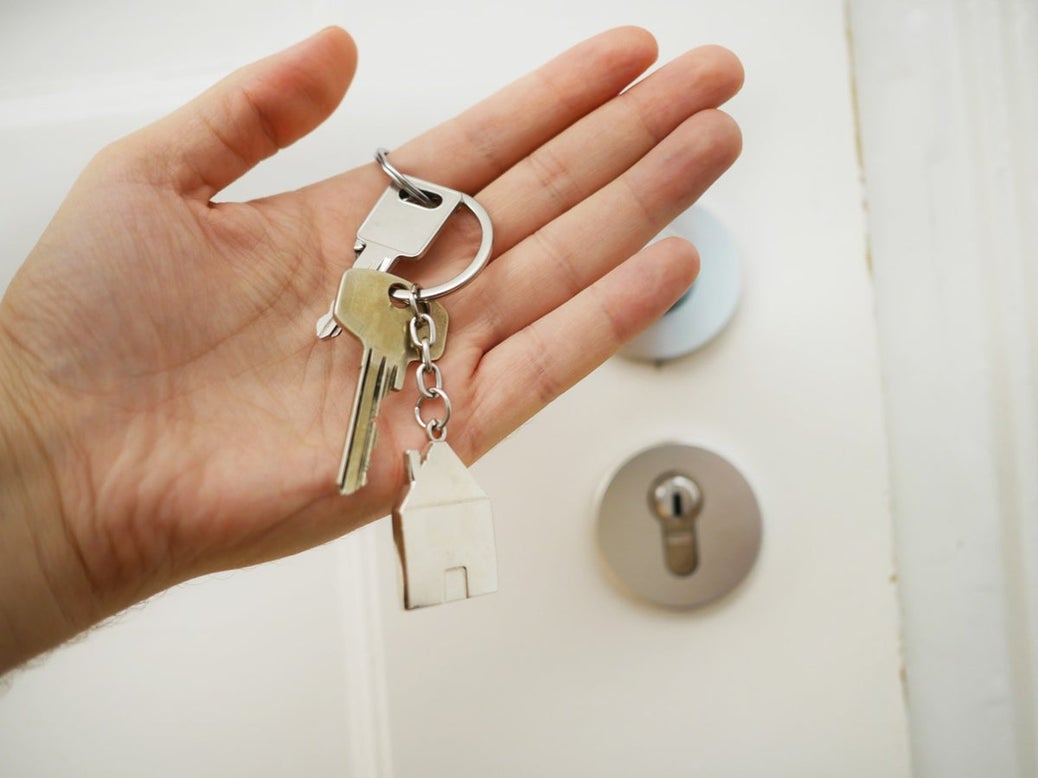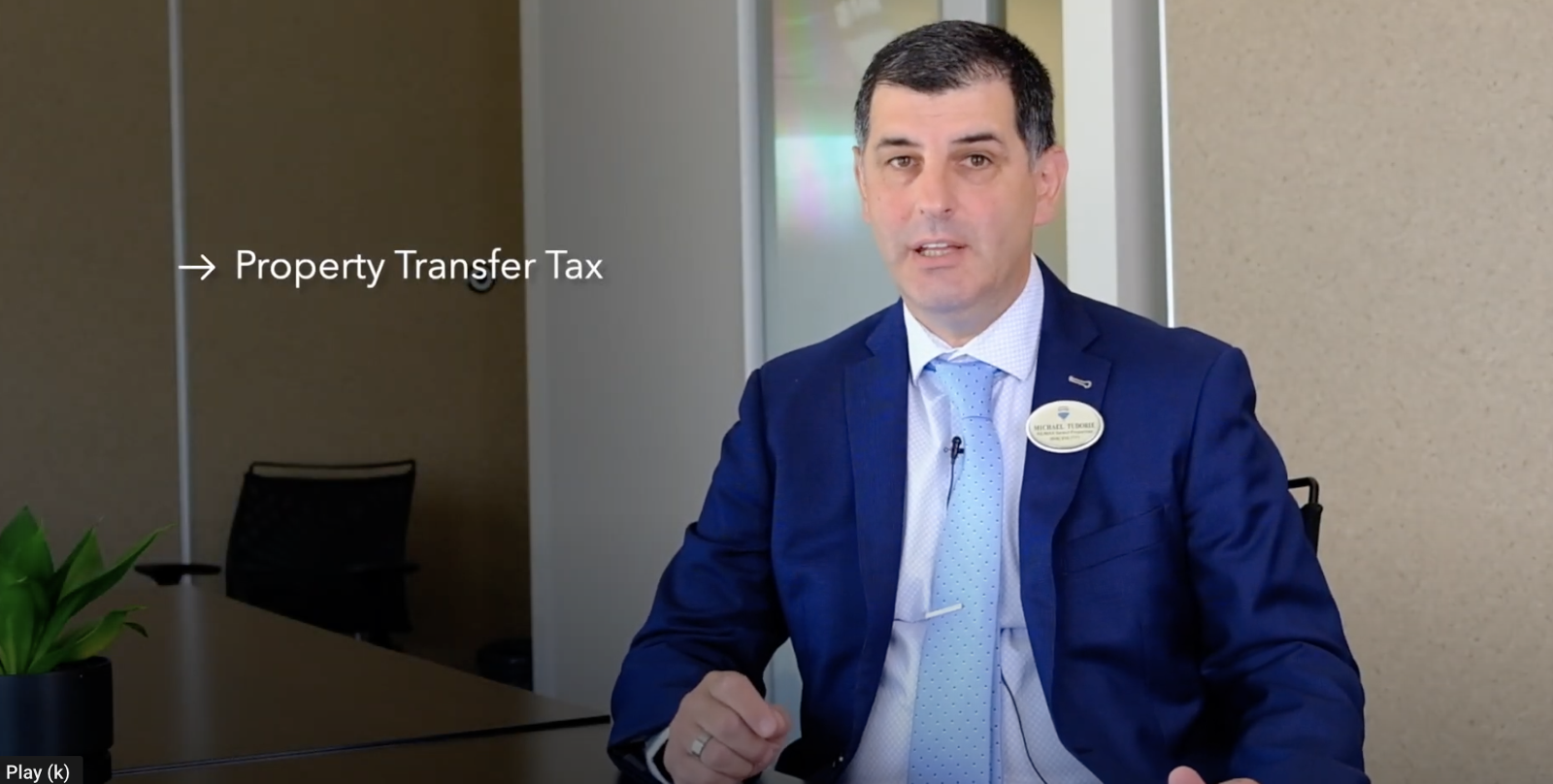When I find a home I like, how do I make an offer?
When you’re buying a home, making an offer can be a make it or break it moment. Your real estate agent should sit down with you to cover all the possibilities while you prepare the offer. Besides assessing the seller’s background and objectives for selling, as well as valuation information such as recent sales, you’ll want to account for any specific contractual contingencies that are unique to your area and desired property. Check out our home buyer’s guide to offers and negotiations.
What happens once I submit my offer?
After submitting an offer, we will likely need to negotiate! Price may be one factor but also open for negotiation are deposit, inclusions, dates for completion, possession and subject removals. We will ensure you know your budget and requirements prior to submitting your offer so you don’t commit to additional costs in the heat of the moment. Read our blog post to learn what the potential responses to your offer could be, and how to move on to the next steps in the buying process.
What happens if my offer is accepted?
Once both parties come to an agreement, the offer is considered “accepted” and the buyer will have a set period of time in which to satisfy the legal conditions (“subjects”) agreed to in the contract, such as completing a satisfactory home inspection report or securing financing. Only after all subjects are removed do you have a legally binding document.
What does the subject removal timeline look like? What are the steps in the process?
The subject removal is aperiod of time in which the buyer works to satisfy the conditions (“subjects”) listed on the accepted offer for a particular property. A typical subject removal period in Vancouver is 5 to 7 business days long. There are also subject-free offers, two-day subject removals, two-week subject removals and others; which depend on how the real estate market is, and how many other offers you’re competing with. Putting subjects in an offer is a safety net for buyers as it allows them to do their due diligence. If the buyer is satisfied they would proceed to “remove subjects” and pay the deposit so that the deal becomes firm.
Do I need a home inspection?
A home inspection is a visual examination of the conditions of the major systems of the home. Its goal is to identify and report on any existing major problems. A typical inspection takes about 2-3 hours to complete depending on the size and the complexity of the home. The home inspection will be accompanied by a written report that documents the inspector’s observations. The home inspection is designed to minimize risk, note eliminate it. The inspection report is just one of the factors to consider when making your final decision.
What happens if I don’t do a home inspection?
In today’s real estate market it is not uncommon for people to forgo a home inspection in order to make their offer more appealing, especially when there are multiple offers. If the property is expecting multiple offers a buyer may decide to do a pre-inspection to ensure they are confident in satisfying that condition before writing an offer. Home inspections help avoid unexpected and expensive problems – without it, you’re relying on sellers who may not disclose everything that’s wrong with the home or who genuinely may not know.
What should I do in preparation for the home inspection?
Both the buyer and the seller have things to do in preparation for a home inspection. For one, the buyer should choose a home inspector that is a member of the Canadian Association of Home and Property Inspectors (CAHPI) and be prepared to review the findings of the inspector report. The seller should provide unimpeded access to various parts of the home, ensure pets are locked up or removed during the inspection, and provide details of any previous major repairs/additions/renovations.
What is the difference between completion and possession?
The closing or completion date is the date that ownership and title to the home are transferred along with the payment of funds from the buyer’s lawyer/notary to the seller’s lawyer/notary. The possession date is the date the buyer is entitled to take physical possession of the home (when you get your keys!). Learn more about closing the sale.
What happens on the completion day?
On completion day, legal ownership of ythe seller’s property will be transferred to the buyer. The seller’s lawyer or notary will receive funds for the sale from the buyer’s lawyer or notary, and will provide the seller with a statement of adjustments. This list itemizes all costs payable at completion, including legal fees, taxes and other completion costs. Finally, funds will be used to discharge the seller’s mortgage, if applicable, with any remaining proceeds transferred to the seller in the form of a bank draft.
What are my potential closing costs?
Here are a few things that should be added to your overall budget as you plan for a home purchase: property transfer tax, property tax adjustment, mortgage loan insurance, appraisal fees, land survey, deposit, property insurance, title insurance, legal fees, GST, home inspection fee, and more. Learn more about the 12 hidden costs of buying a home.
As a rough rule of thumb, you should set aside 1.5-2% of the purchase price to take care of all the costs associated with closing the deal on your new home.
What do I do when there are multiple offers?
In a high-demand, low inventory market like Vancouver, you may find yourself bidding against other potential buyers. Some sellers will list their homes at a low price hoping to stimulate multiple offers. In order to help our clients avoid potentially overpaying, or missing out on a home they really want, we need to ensure the offer is strategic, competitive and reflective of what you are ultimately willing to pay for the property. During a competitive market we suggest the following to increase the chances of your offer being accepted:
Consider having a home inspection prior to offer submission.
In cases where there is a strata, the strata documentation needs to be read carefully and reviewed by the buyer and Resident Experts or your realtor.
Secure pre-approval of financing and determine if a bank appraisal is required.
Secure a bank draft for the deposit amount to accompany the offer.
Prepare a letter and photo of you and your family to present along with your offer. (We’ve found that helping to connect with the seller will often put you in a more favorable position.) Don’t knock it. IT WORKS!






